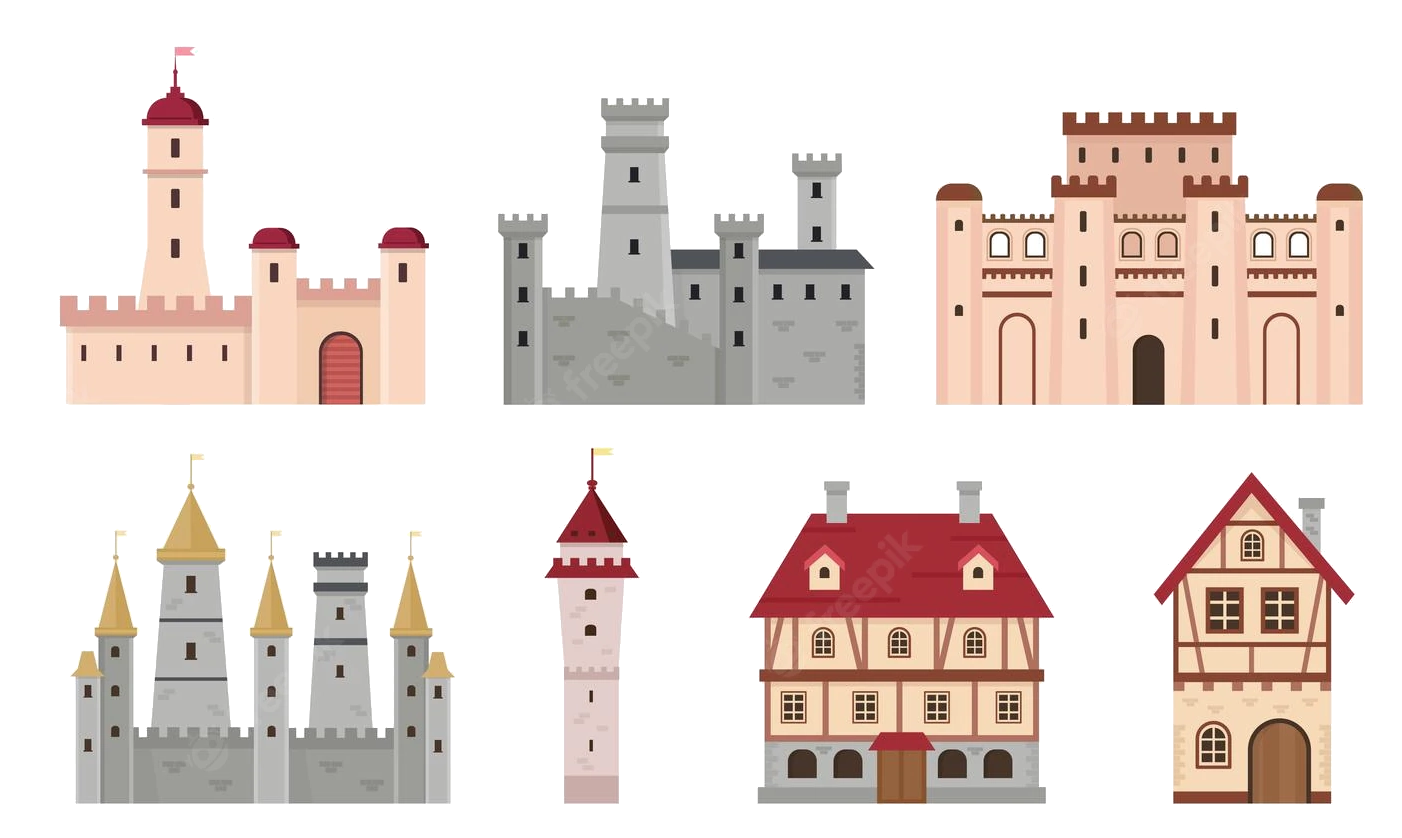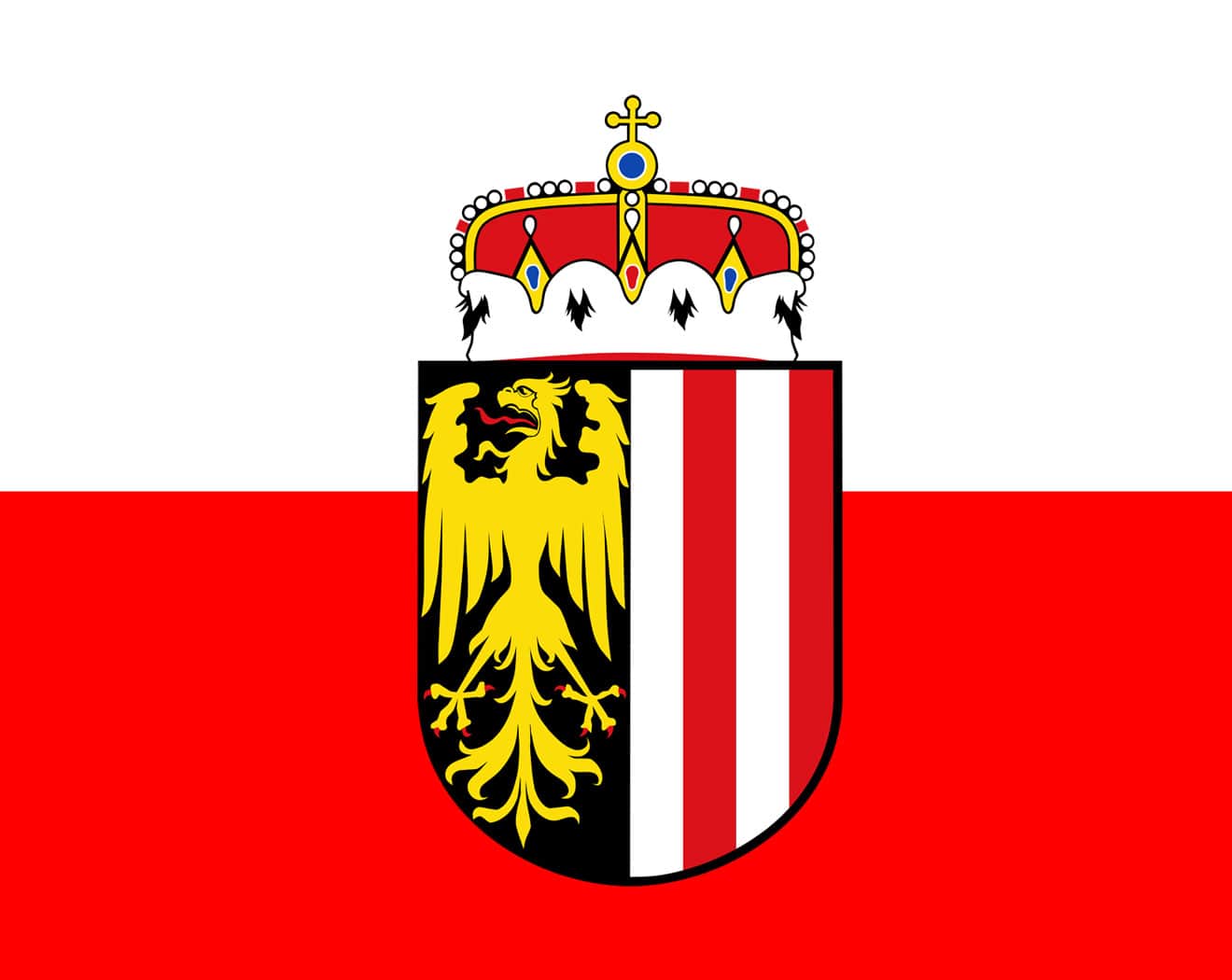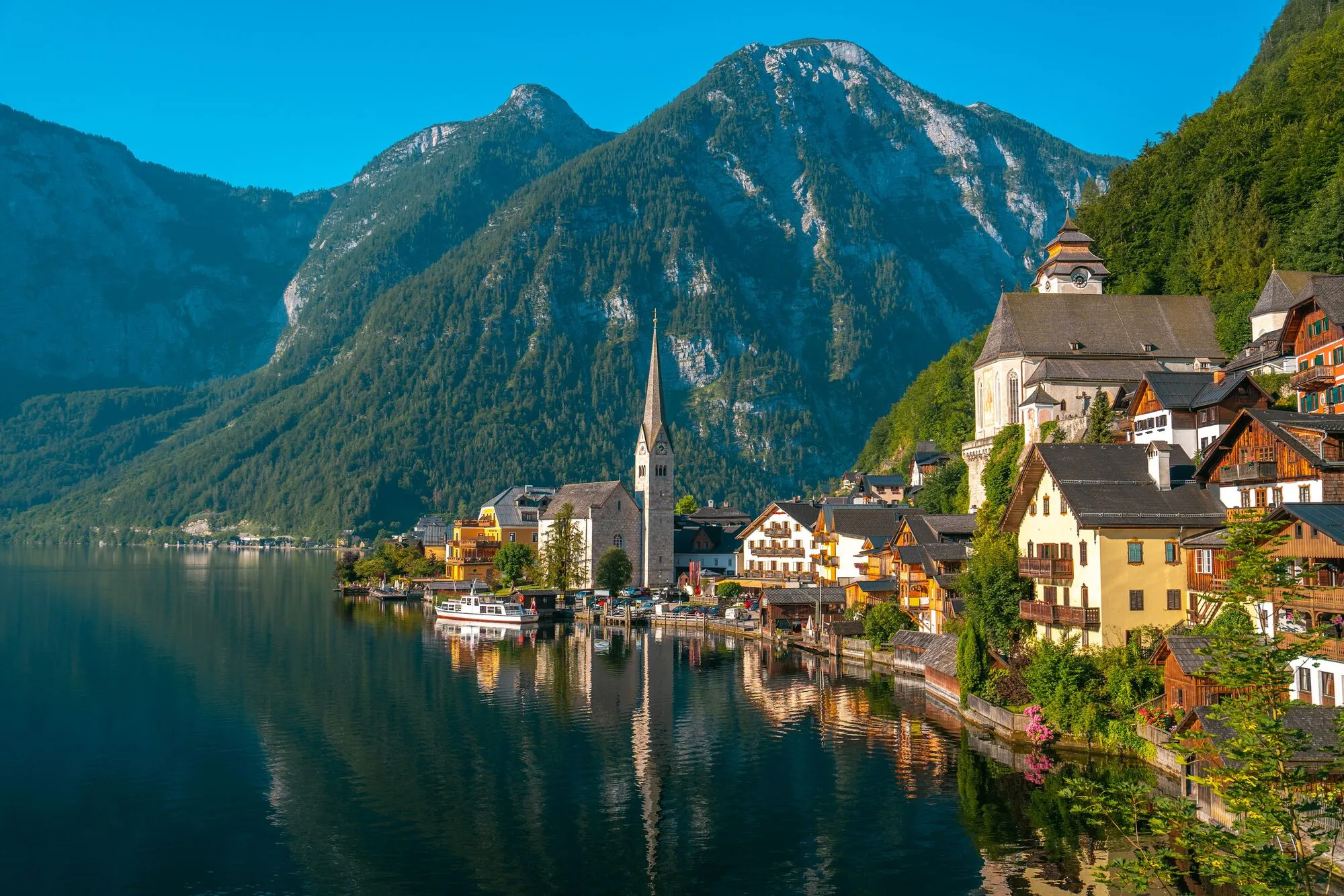
 International cities
European city
International cities
European city

 Medieval cities in Europe
Medieval cities in Europe

 Upper Austria
Upper Austria
 Austria
Austria

 Vacation and Travel
Vacation and Travel

哈尔施塔特(德語:Hallstatt),奥地利上奥地利州萨尔茨卡默古特地区的一个村庄,位于哈尔施塔特湖湖畔,海拔高度511米,2005年12月有923名居民。其名称中的Hall可能源自于古克尔特语的“盐”,得名于村庄附近的盐矿,历史上这一地区就因盐而致富。1997年该村被列为世界文化遗产,现在是热门旅游目的地。
Hallstatt ist eine Marktgemeinde mit 754 Einwohnern (Stand 1. Jänner 2020) im Salzkammergut im Bundesland Oberösterreich in Österreich und liegt am Hallstätter See. Zusammen mit dem Dachstein und dem Inneren Salzkammergut gehört es zur UNESCO-Welterbestätte Hallstatt-Dachstein/Salzkammergut. Nach Funden in einem ausgedehnten Gräberfeld oberhalb des Ortes wird ein Zeitabschnitt der älteren Eisenzeit (800 bis 450 v. Chr.) als Hallstattzeit bezeichnet. Die Gemeinde liegt im Gerichtsbezirk Bad Ischl.
ハルシュタット(Hallstatt)は、オーストリア中部オーバーエースターライヒ州に属する小規模な 基礎自治体 ( ゲマインデ ) 。ザルツブルク市にほど近く、オーストリア・アルプスの麓の湖水地帯ザルツカンマーグート地域の最奥に位置する景勝地である。
Hallstatt (UK: /ˈhælstæt, ˈhælʃtæt/ HAL-s(h)tat,[3][4] US: /ˈhɔːlstæt, ˈhɔːlstɑːt, ˈhɑːlstɑːt, ˈhɑːlʃtɑːt/ HAWL-sta(h)t, HAHL-s(h)taht,[3][5][6] German: [ˈhalʃtat] (![]() listen)) is a small town in the district of Gmunden, in the Austrian state of Upper Austria. Situated between the southwestern shore of Hallstätter See and the steep slopes of the Dachstein massif, the town lies in Salzkammergut region, on the national road linking Salzburg and Graz.
listen)) is a small town in the district of Gmunden, in the Austrian state of Upper Austria. Situated between the southwestern shore of Hallstätter See and the steep slopes of the Dachstein massif, the town lies in Salzkammergut region, on the national road linking Salzburg and Graz.
Hallstatt is known for its production of salt, dating back to prehistoric times, and gave its name to the Hallstatt culture, the archaeological culture linked to Proto-Celtic and early Celtic people of the Early Iron Age in Europe, c. 800–450 BC.
Hallstatt is at the core of the "Hallstatt-Dachstein/Salzkammergut Cultural Landscape" declared as one of the World Heritage Sites in Austria by UNESCO in 1997. It is an area of overtourism.
Hallstatt est un village de la région du Salzkammergut en Autriche. Il est situé près du Hallstättersee.
Hallstatt è un comune austriaco di 757 abitanti nel distretto di Gmunden, in Alta Austria; ha lo status di comune mercato (Marktgemeinde).
Hallstatt /ˈhalʃtat/ (Alta Austria) es una localidad del distrito montañoso de Salzkammergut, en Austria. Está localizada junto al lago Hallstatt. Etimológicamente el nombre de Hall probablemente proviene del término céltico con el que se denominaba a la sal, abundante en las minas cercanas. La localidad da su nombre a la cultura de la edad de Hierro denominada Cultura de Hallstatt. En 1997, el paisaje cultural de Hallstatt-Dachstein fue declarado Patrimonio de la Humanidad por la Unesco.2
Халльштатт (нем. Hallstatt, бав. Hoistod) — ярмарочная община (нем. Marktgemeinde) в Австрии, в федеральной земле Верхняя Австрия.
Входит в состав округа Гмунден. Население составляет 923 человека (на 31 декабря 2005 года). Занимает площадь 60 км². Официальный код — 40709.
Центр гальштатской культуры, памятник Всемирного наследия ЮНЕСКО. Расположен в труднодоступной альпийской местности на Халльштаттском озере.






